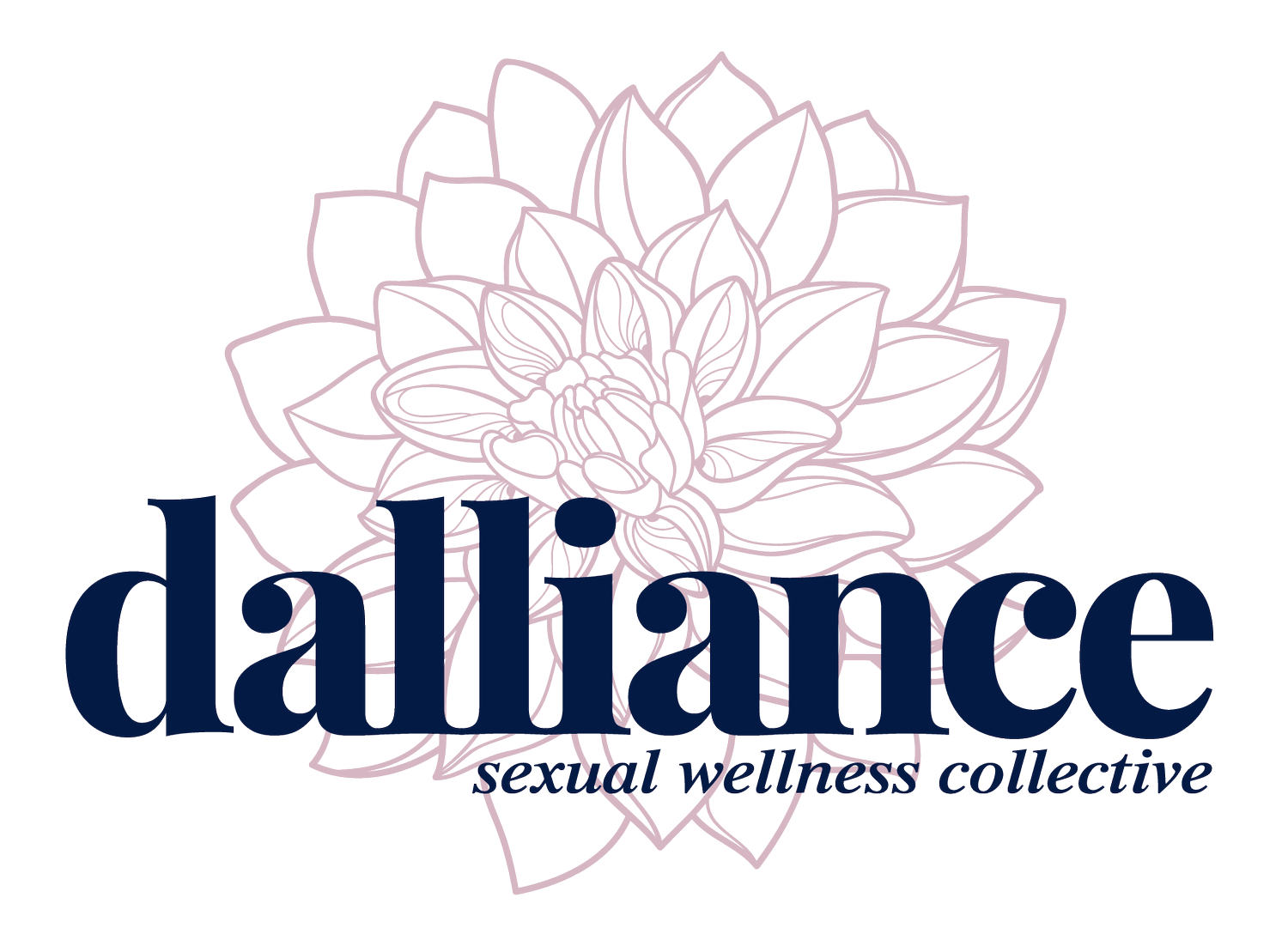Why Music Matters During Ketamine Sessions
Listening to music during psychedelic medicine sessions, such as those involving substances like psilocybin, LSD, or MDMA, can have several beneficial effects on the overall experience. Here are some reasons why music is often used in conjunction with psychedelic therapy:
Enhanced Mood and Emotion Regulation: Psychedelic experiences can be emotionally intense, and music can help modulate and guide emotional states. The right choice of music can potentially enhance positive emotions, provide a sense of comfort, and help individuals navigate challenging emotions that may arise during the session.
Altered Perception and Synesthesia: Psychedelics can lead to altered perceptions, including synesthesia, where senses cross over (for example, seeing colors when hearing music). The auditory experience of music can become deeply intertwined with visual and emotional experiences, creating a richer and more profound sensory experience.
Sensory Stimulation: Psychedelics can heighten sensory perception, making music feel more immersive and intense. The auditory experience can become incredibly detailed, with listeners noticing subtle nuances in the music that they might not have noticed otherwise.
Guided Journey and Flow: Music can act as a guide, providing a narrative structure to the psychedelic experience. It can create a sense of flow and progression, helping individuals navigate through different phases of the journey, from relaxation to introspection to resolution.
Enhanced Creativity and Insight: Psychedelics are known to stimulate creativity and provide insights into one's own thoughts and emotions. Music can further stimulate creative thinking and help individuals explore their inner landscape, potentially leading to novel perspectives and ideas.
Reduced Anxiety and Fear: Many people report that music can soothe feelings of anxiety and fear that can sometimes arise during psychedelic experiences. Familiar and comforting music can create a sense of safety and reassurance.
Non-Verbal Communication: Words may fall short of expressing the depth of the psychedelic experience. Music, being a non-verbal form of communication, can bridge gaps that language cannot, allowing individuals to communicate their experiences more fully.
Integration of Insights: After the psychedelic session, individuals often reflect on and integrate the insights gained during the experience. Listening to the same music that was played during the session can help trigger memories and emotions associated with those insights, aiding in the integration process.
It's important to note that the choice of music is crucial. The genre, tempo, and emotional tone of the music should be carefully curated to align with the goals of the session and the preferences of the individual.
Some therapists and guides even work with the participants to create personalized playlists that match the various stages of the journey.
Ultimately, the integration of music into psychedelic medicine sessions is based on the idea that music can amplify and guide the therapeutic effects of the substances, enhancing the potential for healing, self-discovery, and personal growth. However, individual preferences can vary, so not everyone may find music to be beneficial during their psychedelic experiences.
Trisha Andrews, MA, LMFT, CST is currently offering in-office Ketamine Assisted Psychotherapy (KAP), with sublingual ketamine as well as post-journey integration sessions for Dalliance Sexual Wellness Collective clients interested in journeying with other non-legal psychedelics.
Trisha has completed Psychedelic-Assisted Therapy Certification training through Integrative Psychiatry Institute in Boulder, CO as well as Skylight Psychedelics Ketamine-Assisted Therapist training.
*Please note that Trisha Andrews, MA, LMFT, CST nor Dalliance Psychedelics provides or sells psychedelic medicine. We have partnered with Skylight Psychedelics to provide sublingual Ketamine for KAP. While psilocybin is decriminalized for personal use in Denver, it is not approved for clinical use until 2024.

